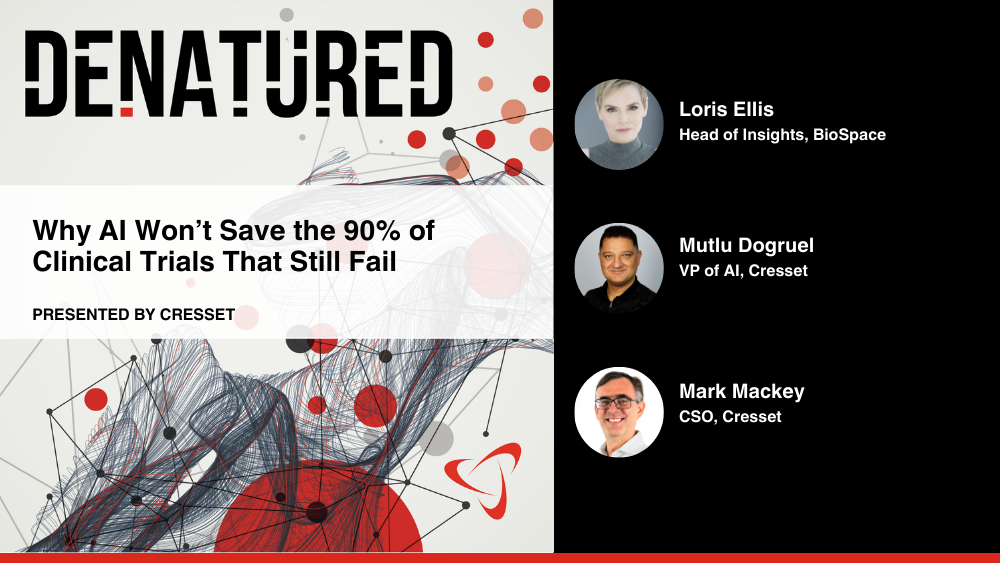•Plans to extend the analysis to 80 percent of external
sales of the three chemical segments
• Years of experience of such methods
Essen. Evonik Industries has already conducted life cycle analyses of around 70 percent of external sales generated by its three chemical segments as part of the sustainability analysis of its businesses. The aim is to extend this to 80 percent. Thomas Wessel, the member of Evonik's Executive Board responsible for sustainability: "These analyses take account of our customers' rising demands on the sustainability of our products. At the same time life cycle analyses are the basis for operational and decisionmaking processes at Evonik.” Life cycle analyses make the environmental impact of products and processes more transparent. They enable the company to identify additional opportunities and potential risks, which enhances the sustainability profile of decisions.
Since 2009, the interdisciplinary Life Cycle Management team, which comprises scientists and engineers, has performed more than 100 life cycle analyses of products, processes and entire sites. Examples are amino acids for animal nutrition, and road markings based on DEGAROUTE® reactive resin. In addition, the experience of the LCM experts is used in the ongoing development of the methods used for such analyses, both nationally and internationally in conjunction with sustainability institutions such as the World Business Council for Sustainable Development (WBCSD).
A broad spectrum of methods
Evonik's procedure comprises a broad spectrum of methods, including life cycle assessments based on international standards (ISO 14040ff). Life cycle assessments comprise a cradle-to-grave analysis covering the environmental impact of products at all stages in their life cycle from the raw materials to disposal. Another area of application is life cycle-based calculation of the carbon footprint of products. In addition, cross-referencing of existing findings from life cycle assessments of comparable products and production sites are used, for example, by making adjustments for the country-specific energy mix of the same product at different production sites.
Sustainability analysis in research and development Together with the LCM team and the Wuppertal Institute for Climate, Environment and Energy, Evonik's strategic innovation unit Creavis has developed the I2P3 (“idea to people, planet, profit”) innovation management process already in 2012. Along with economic considerations, this gives ecological and social aspects of sustainability an equal place in the innovation process for new products and processes.
• Years of experience of such methods
Essen. Evonik Industries has already conducted life cycle analyses of around 70 percent of external sales generated by its three chemical segments as part of the sustainability analysis of its businesses. The aim is to extend this to 80 percent. Thomas Wessel, the member of Evonik's Executive Board responsible for sustainability: "These analyses take account of our customers' rising demands on the sustainability of our products. At the same time life cycle analyses are the basis for operational and decisionmaking processes at Evonik.” Life cycle analyses make the environmental impact of products and processes more transparent. They enable the company to identify additional opportunities and potential risks, which enhances the sustainability profile of decisions.
Since 2009, the interdisciplinary Life Cycle Management team, which comprises scientists and engineers, has performed more than 100 life cycle analyses of products, processes and entire sites. Examples are amino acids for animal nutrition, and road markings based on DEGAROUTE® reactive resin. In addition, the experience of the LCM experts is used in the ongoing development of the methods used for such analyses, both nationally and internationally in conjunction with sustainability institutions such as the World Business Council for Sustainable Development (WBCSD).
A broad spectrum of methods
Evonik's procedure comprises a broad spectrum of methods, including life cycle assessments based on international standards (ISO 14040ff). Life cycle assessments comprise a cradle-to-grave analysis covering the environmental impact of products at all stages in their life cycle from the raw materials to disposal. Another area of application is life cycle-based calculation of the carbon footprint of products. In addition, cross-referencing of existing findings from life cycle assessments of comparable products and production sites are used, for example, by making adjustments for the country-specific energy mix of the same product at different production sites.
Sustainability analysis in research and development Together with the LCM team and the Wuppertal Institute for Climate, Environment and Energy, Evonik's strategic innovation unit Creavis has developed the I2P3 (“idea to people, planet, profit”) innovation management process already in 2012. Along with economic considerations, this gives ecological and social aspects of sustainability an equal place in the innovation process for new products and processes.




